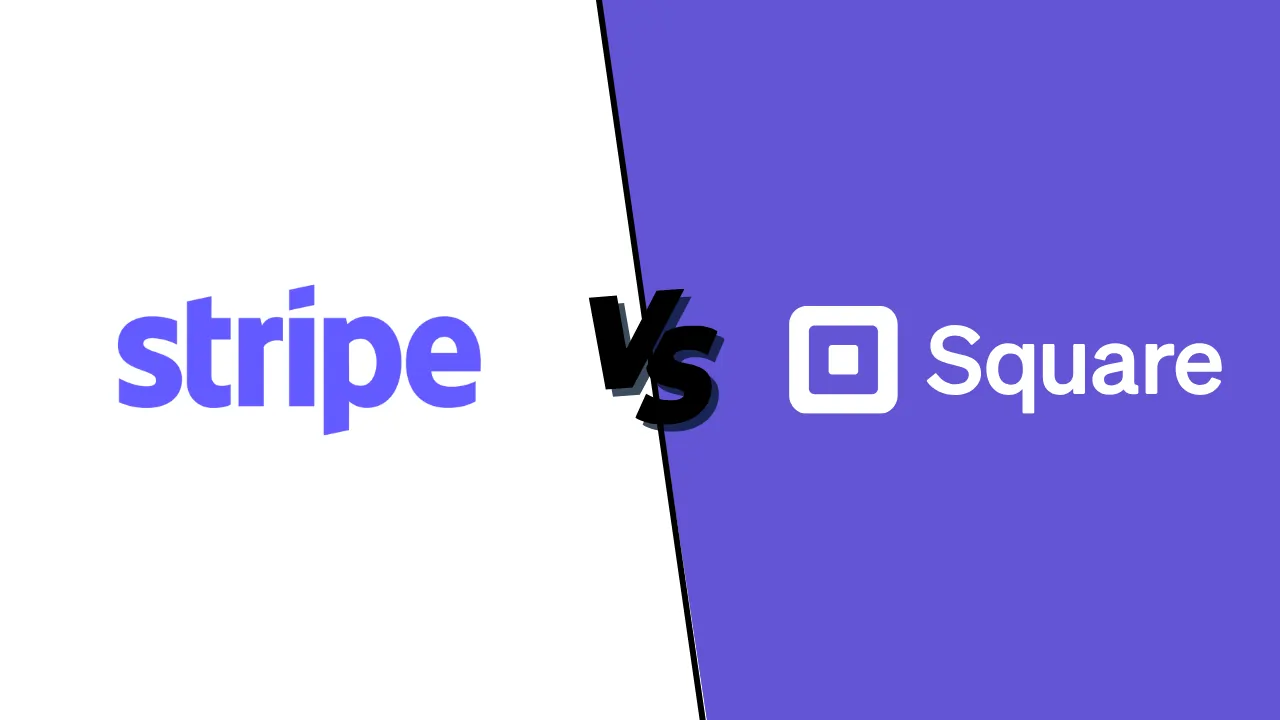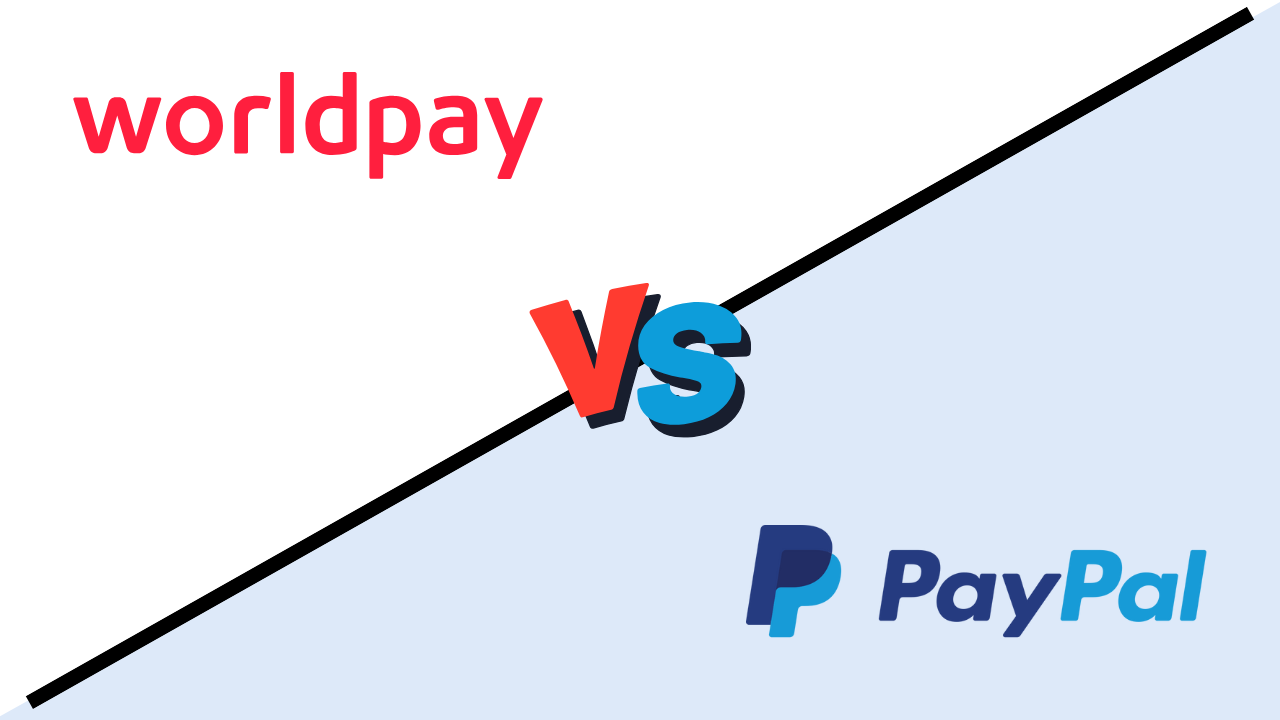Running a small business already comes with enough overhead—from inventory to payroll—so monthly fees on credit card processing can feel unnecessary. Many entrepreneurs are now searching for credit card processing for small business no monthly fee to cut fixed costs without losing reliability.
As someone who has managed payment partnerships for over a decade, I’ve seen small businesses overpay thousands per year due to hidden merchant account charges. This guide breaks down how “no monthly fee” processing works, the difference between the cheapest credit card processing and low-cost but reliable models, and which solutions fit different business sizes.
Here’s what we’ll cover:
- How no-monthly-fee payment processing models work
- The types of pricing structures to look for
- How to compare the lowest credit card processing fees among providers
- Compliance and surcharge rules to stay legal
- Real examples of cheap merchant services worth considering
Key takeaways
- The best credit card processing for small businesses offers no monthly fee options that eliminate fixed costs while keeping per-transaction rates competitive.
- “No monthly fees credit card processing” doesn’t mean “free”—you still pay interchange and transaction costs.
- Look for low-cost credit card processing providers that balance price, transparency, and compliance.
- Avoid hidden fees in “cheap merchant services” that advertise zero cost but recover it through surcharges or hardware leases.
- Choose the cheapest payment processor based on your volume, average ticket size, and payment type (in-person or online).
Understanding no-monthly-fee credit card processing
Traditional merchant accounts charge recurring fees for account maintenance, PCI compliance, or statements. With no monthly fees credit card processing, you only pay when you actually process a sale.
That makes it especially attractive for seasonal or new businesses with inconsistent transaction volume. But “no monthly fee” doesn’t mean “no cost.” You’ll still pay interchange (the fee Visa/Mastercard charge all merchants) and a small markup from your processor.
The key is comparing total cost per transaction and ensuring there are no hidden service or hardware fees that offset your savings.
Why small businesses seek no-monthly-fee processing
Monthly merchant account fees, often $10–$99, can add up quickly. For smaller or seasonal businesses, switching to no monthly fees credit card processing helps maintain positive cash flow.
According to Merchant Maverick, businesses processing around $10,000 per month could save $120–$1,200 per year by removing monthly costs. But remember—there’s no such thing as truly free processing. All providers pay card networks (Visa, Mastercard, Discover, Amex) interchange rates. The goal is finding low cost credit card processing that eliminates recurring charges without hiding them elsewhere.
Main types of no-monthly-fee credit card processing
1. Flat-rate processing (simple, predictable pricing)
Flat-rate pricing is the most popular form of credit card processing for small businesses with no monthly fee. You pay only when a transaction happens—no setup or monthly maintenance fees.
Examples:
- Square: 2.6% + 10¢ per swipe/tap; no monthly fee.
- PayPal Zettle: 2.29% + 9¢ per in-person transaction.
Pros:
- Transparent and easy to understand
- No monthly subscription or statement fees
- Ideal for low-volume or mobile businesses
Cons:
- Transaction costs are higher compared to interchange-plus plans
- May not scale well for large-volume businesses
Best for: startups, pop-up shops, or service professionals who want cheap merchant services with minimal commitment.
2. Surcharge or cash discount programs (pass the cost to customers)
Surcharge and cash discount models help businesses offset fees entirely—making them one of the cheapest credit card processing solutions if implemented legally.
How it works:
- Surcharge: Add 3–4% to card payments to cover processing cost.
- Cash discount: Offer a lower price for cash or debit purchases.
Pros:
- Removes nearly all processing costs from the merchant
- No monthly fees, lower variable cost
Cons:
- Must comply with state laws and card-network rules (Visa, Mastercard)
- May discourage some customers who prefer card payments
Best for: service-based businesses, contractors, and high-ticket sellers seeking low cost credit card processing.
3. Interchange-plus with no monthly fee (transparent, scalable)
A few processors like Helcim and National Processing offer interchange-plus pricing without a monthly fee—something rare in the market.
Pros:
- True transparency on interchange and markup
- Often lower rates for higher volumes
- Still no monthly subscription
Cons:
- Slightly more complex billing
- Minimum processing volume may apply
Best for: growing SMBs that want to minimize markup and get lowest credit card processing fees long term.
How to compare the cheapest payment processors
When evaluating cheap merchant services or “no monthly fees credit card processing,” compare these four factors:
1. Effective rate (your total cost per transaction)
Even without a monthly fee, focus on the effective rate—the average percentage you pay after all costs. A typical no-monthly-fee plan should stay around:
- In-person: 2.6% + 10–15¢
- Online: 2.9% + 25–30¢
2. Hardware costs
Providers like Square or PayPal include free mobile readers. Others may charge for terminals, which offsets “free” plans.
3. Contract terms
Avoid processors that tie you into long-term contracts or charge early termination fees. The best cheapest credit card processing providers offer month-to-month terms.
4. Customer support and payout speed
Low cost is meaningless if you can’t get help or if payouts are delayed. Check for instant deposits, 24/7 support, and strong reputation in small business communities.
Comparing the cheapest payment processors
| Processor |
Model |
In-Person Rate |
Online Rate |
Best For |
| Square |
Flat-rate |
2.6% + 10¢ |
2.9% + 30¢ |
Small retail, food service |
| PayPal Zettle |
Flat-rate |
2.29% + 9¢ |
2.9% + 30¢ |
Microbusinesses, eCommerce |
| Helcim |
Interchange-plus |
+0.25% + 8¢ |
+0.25% + 25¢ |
Scaling SMBs |
| Stax (CardX) |
Surcharge |
0% (passed to customer) |
0% |
Professional services |
These brands consistently appear among the cheapest payment processor lists for small businesses.
How to find the lowest credit card processing fees
- Negotiate rates: If you process more than $10,000/month, ask for custom interchange-plus pricing.
- Avoid rental terminals: Buy hardware upfront to prevent hidden monthly costs.
- Check compliance: Make sure PCI and data security fees aren’t disguised as monthly maintenance.
- Use integrated POS systems: Some POS tools like Clover Go or Toast integrate processing for low cost credit card processing overall.
Related Articles
Advantages of no-monthly-fee credit card processing
Pros:
- Predictable pricing and no subscription cost
- Simple setup and fast onboarding
- Great for new or part-time businesses
- Access to reliable, modern POS hardware
Cons:
- Higher per-transaction cost for high-volume merchants
- Some “free” models rely on customer surcharges
- Limited negotiation power at small volumes
Conclusion and next steps
Key takeaways:
- The best credit card processing for small business no monthly fee solutions eliminate fixed costs while staying transparent about per-transaction pricing.
- Choose between flat-rate, cash discount, or interchange-plus models based on your business volume.
- Always compare effective rates, hardware costs, and support quality—not just the absence of a monthly fee.
- The cheapest payment processor for one business may not be the same for another—test 2–3 providers before committing.
Final thought:
Low cost shouldn’t mean low quality. With today’s fintech tools, you can access cheap merchant services that are PCI-compliant, user-friendly, and scalable. Start with a free plan, track your effective rate, and optimize as your business grows.
FAQ
-
What does “no monthly fee” credit card processing mean for small businesses?
This means you are not charged a monthly subscription or maintenance fee by the payment processor; you only pay when you process a card transaction.
-
Are “no monthly fee” merchant services really free?
Not entirely. You’ll still pay interchange fees and per-transaction processor markups. Some models shift costs to customers via surcharges or cash discounts rather than truly eliminating fees.
-
Which businesses benefit most from credit card processing with no monthly fee?
Businesses with low or variable transaction volume, seasonal operations, startups or mobile vendors often benefit most because they avoid paying a monthly fixed cost when activity is low.
-
What pricing models exist for no-monthly-fee credit card processing?
- Flat-rate per transaction (e.g., 2.6% + 10¢) with no monthly fee.
- Surcharge or cash-discount programs where the customer pays part of the processing cost.
- Interchange-plus models with no monthly fee but transparent markup.
-
Are there any hidden fees I should watch out for?
Yes. Even with no monthly fee, watch for hardware rental, PCI compliance fees, gateway or statement fees, charge-back fees, and higher transaction rates that offset the “free” monthly cost.
-
Is surcharging or cash discounting legal everywhere?
Not always. State laws and card network rules (Visa, Mastercard) govern surcharging. Some states restrict or ban it. You must use compliant signage and terminal programming.
-
How do I evaluate the lowest credit card processing fees for no monthly fee plans?
Compare your effective cost (transaction rate + cents) based on your average ticket size, volume and mix (in-person vs online). A no-monthly fee flat rate may cost more per transaction than a paid-monthly plan with lower rates if volume is high.
-
Does “no monthly fee” mean I can ignore equipment and contract terms?
No. You still need to review hardware costs (readers, terminals), contract length, early termination fees, payout speeds and whether features are included. These affect your total cost.
-
Will customers accept higher prices if I use a surcharge model?
Some will, some may not. In competitive markets or low-ticket items, adding a surcharge may discourage card use or push customers away. It’s important to evaluate customer attitudes and how you present it.
-
Can a no-monthly-fee processor still work as my business grows?
Yes — but as your volume grows, you may benefit more from a plan with lower per-transaction rates (even if it has a fee). Scalability, features and support become more important than just eliminating the monthly fee.










